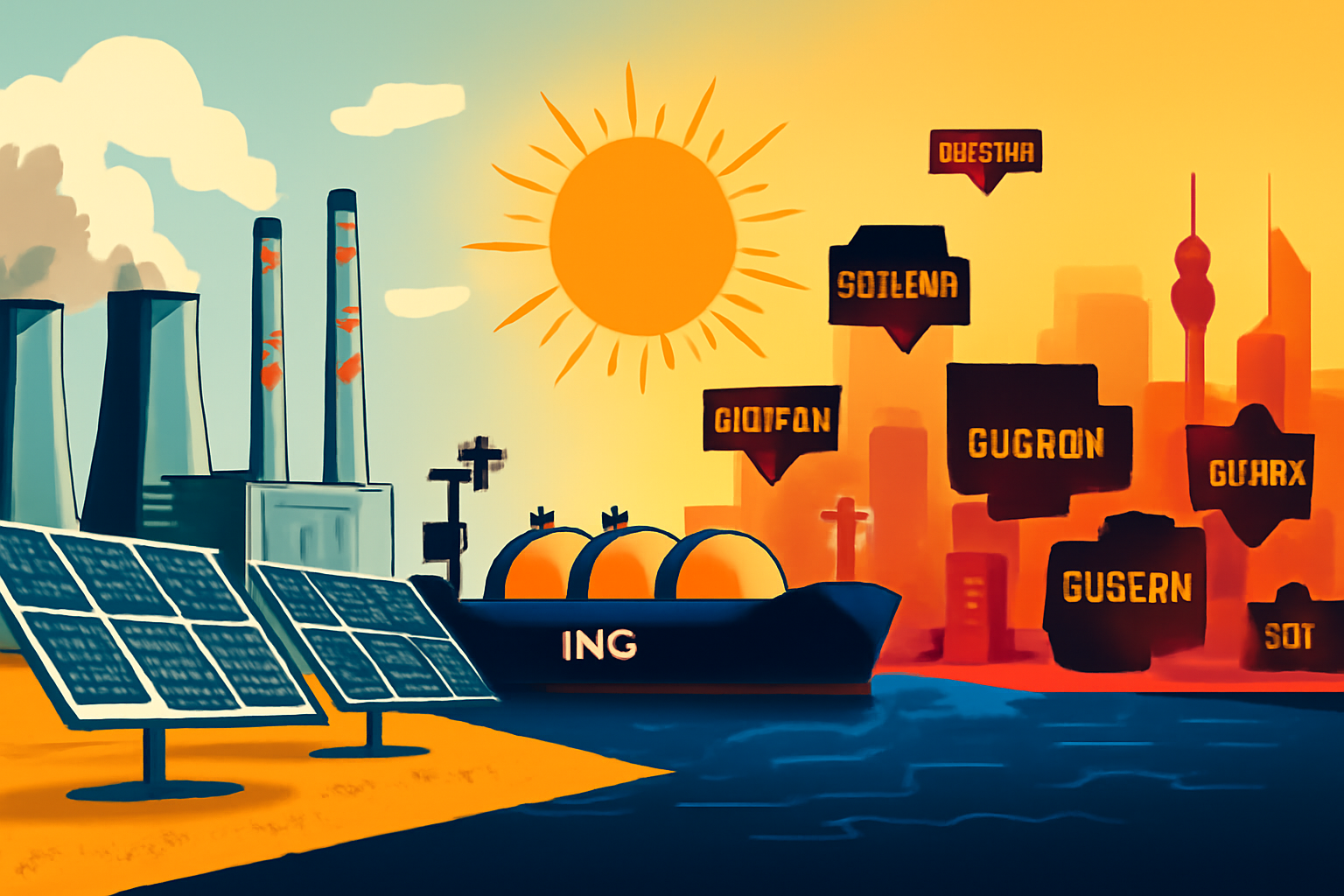Sustainable biofuels and the social implications of the energy transition will take center stage at the upcoming United Nations climate summit, COP30, according to Francesco La Camera, Director-General of the International Renewable Energy Agency (IRENA).
The thirtieth session of the Conference of the Parties (COP30) to the United Nations Framework Convention on Climate Change (UNFCCC) is scheduled to take place from November 10-21 in Belem, Brazil.
This pivotal international summit will gather world leaders, policymakers, scientists, and civil society representatives to address the pressing global challenge of climate change.
COP30 theme
A key objective of COP30 will be for participating nations to present updated National Climate Commitments, often referred to as Nationally Determined Contributions (NDCs).
These NDCs outline each country’s plans for reducing greenhouse gas emissions and adapting to the impacts of climate change, reflecting their highest possible ambition.
The summit will provide a crucial platform for countries to demonstrate their progress since previous conferences and to commit to more ambitious targets in line with the goals of the Paris Agreement, particularly the aim of limiting global warming to well below 2 degrees Celsius, and preferably to 1.5 degrees Celsius, above pre-industrial levels.
Furthermore, COP30 will involve a comprehensive assessment of the progress made on renewable energy targets that were established at prior summits.
This includes evaluating the deployment of renewable energy technologies, the development of supportive policies, and the mobilisation of financing for a global transition away from fossil fuels.
Biofuel pledge
La Camera expects a biofuel pledge to be included in the final declaration, possibly as a target to quadruple production by 2035 or to establish a specific share for sustainable aviation fuel within the overall energy mix, according to a Reuters report.
“I think there will be more focus on the social aspect of the transition and also on the sustainable use of biomass,” La Camera was quoted in the report as saying on the sidelines of the Singapore International Energy Week event.
IRENA has launched an agreement with the International Civil Aviation Organization to promote biofuel manufacturing. This initiative follows the preparation of a biofuel report by the agency for the conference.
La Camera announced that the upcoming conference would be dedicated to exploring and facilitating community involvement in renewable energy initiatives.
The focus will be on developing strategies and frameworks that empower local communities to actively participate in the planning, development, and implementation of sustainable energy projects.
La Camera further announced that IRENA now anticipates a reduced deficit in renewable energy installations by 2030, attributing this to the quicker rate of new additions.
The projected shortfall for global renewable capacity by 2030, in relation to the COP28 target of 11.2 terawatts, has decreased to 0.9 terawatts. This marks an improvement over last year’s projection of a 1.49 terawatt shortfall.
At the 2023 COP28 climate summit in Dubai, over 100 nations committed to tripling renewable energy capacity by 2030 to help achieve global climate goals.
According to a recent IRENA report, meeting this 2030 target necessitates an annual growth rate of 16.6% from 2025 onwards.
The post IRENA head highlights biofuels and community involvement ahead of COP30 appeared first on Invezz




































